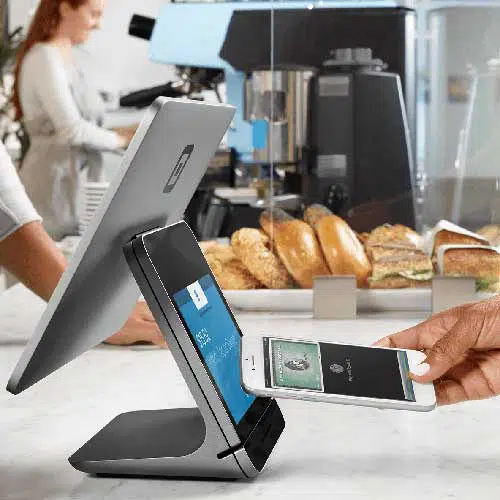Facing criticism for withholding as much as 30% of some small merchants’ payment volume, merchant processor and business software provider Square Inc. on Tuesday posted an explanation of its new reserve policy.
“Out of our millions of sellers, fewer than 0.3% have reserves on their accounts, but given increased interest, particularly in light of Covid-19, we wanted to take a step back to explain what reserves are, how we assess riskiness, and how we plan to further improve the seller experience,” the post says.
The post entitled “Why Square Uses Reserves” links to a mid-June story in The Wall Street Journal in which some merchants complained that Square was holding back up to 30% of their payment volume as reserves. The New York Timesalso published a similar story about Square Tuesday.
Acquirers use reserves to cover chargebacks when a consumer demands repayment for a card purchase that was either fraudulent or the good or service was unsatisfactory, and the customer and merchant couldn’t reach agreement on a credit or refund. Processors and industry observers say chargebacks are rising fast in the face of widespread cancellation of travel bookings and events, and problems with e-commerce purchases as a result of the Covid-19 pandemic.
What’s interesting about San Francisco-based Square is that it apparently has not collected reserves until very recently. The post begins by saying, “Recently, Square began using a common industry tool called reserves to protect buyers and enable more sellers to transact on our platform.”
But even before the Covid-19 pandemic struck late this winter, Square said some of its merchants were experiencing “an increased amount of the risk for certain fraudulent transactions” because they were not using terminals that could read EMV chip cards. Payment network policies in effect since late 2015 make merchants liable for counterfeit fraud from card-present transactions if their terminal can’t read an EMV card.

“We do not collect and maintain reserves from our sellers to cover these potential losses, and for customer-relations purposes we sometimes decline to seek reimbursement for certain chargebacks,” the report says.
The blog post says factors Square considers when making reserve decisions include a merchant’s industry and economic conditions. Hold rates can range from 5% to 50%, with funds being released on a so-called rolling basis over 30 to 180 days, according to Square’s Web site.
“We apply reserves on more ‘risky’ sellers, such as those that take pre-payment on goods or services delivered at a future date, sell goods or services more prone to disputes, or operate in an industry that historically receives higher chargeback rates than others, among other factors,” the post says. “Similarly, when the macroeconomic environment shifts, certain industries may become ‘riskier’ than before (meaning the likelihood of chargebacks may increase), and changes in consumer behavior may affect even businesses that typically pose a lower risk, as we’ve seen with Covid. The vast majority of our sellers don’t fit this profile. For the small number who do, we put in place reserves that allow them to continue processing with Square (as opposed to being deactivated, as many financial institutions will do), particularly during uncertain times.”
Square did not respond to a Digital Transactions News request for comment. In the first quarter Square boosted its provision for transaction losses to $79.3 million, a 300% increase from a year earlier.
“Reserves are a tool used in differing ways and frequencies among payment processors,” says Todd Ablowitz, co-chief executive and co-founder of Denver-based Infinicept Inc., a consulting firm and technology provider for payment facilitators. Ablowitz says he doesn’t have inside knowledge about why Square hasn’t collected reserves in the past, but he notes that “Square’s done a number of things that are unconventional.”
Ablowitz, however, is certain that Square’s usage of the payment facilitator model, a model in which the processor stands in as merchant of record for very small merchants, of which Square has thousands, is not a reason for not collecting reserves in the past. “It’s totally irrelevant,” he says.
He adds, however, that all processors have to balance their needs to cover potential losses against issues merchants are facing, particularly in the Covid-19 environment that has hit many small businesses hard. “One has to be very careful [if] the reserve becomes the thing that puts them out of business,” Ablowitz says.





